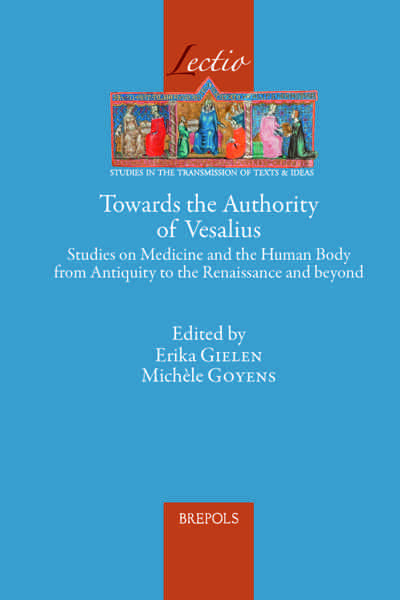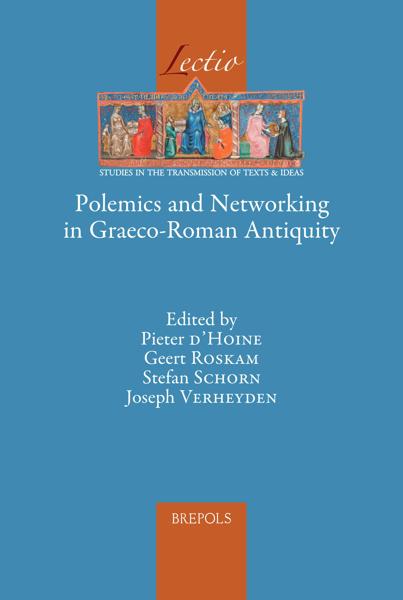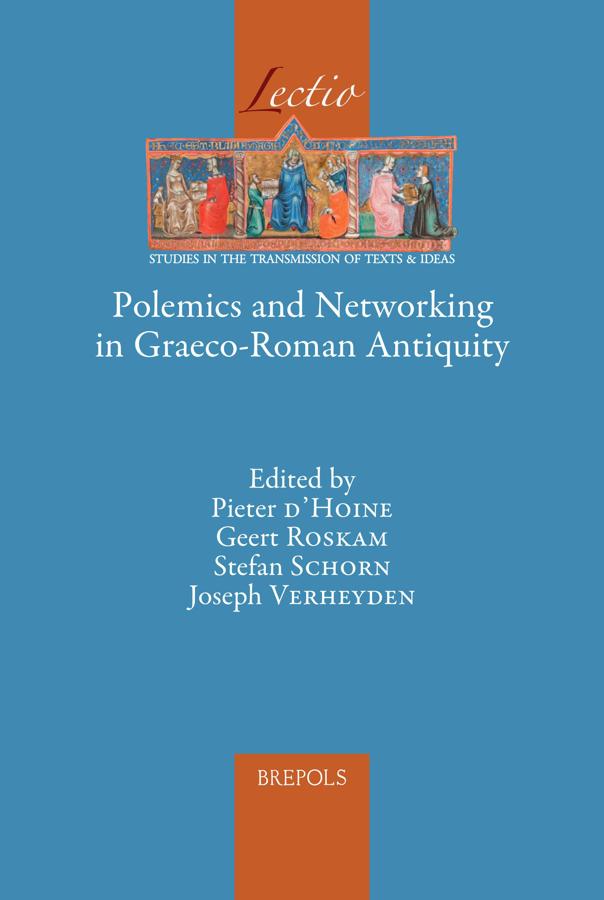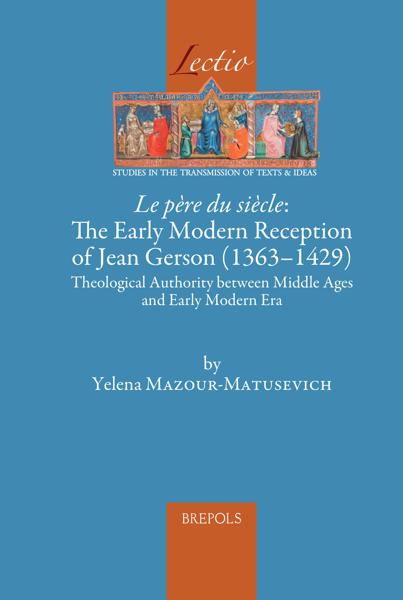
Polemics and Networking in Graeco-Roman Antiquity
Pieter d'Hoine, Geert Roskam, Stefan Schorn, Joseph Verheyden (eds)
- Pages: 528 p.
- Size:156 x 234 mm
- Illustrations:2 b/w, 4 tables b/w.
- Language(s):English
- Publication Year:2022
- € 110,00 EXCL. VAT RETAIL PRICE
- ISBN: 978-2-503-59688-4
- Hardback
- Available
- € 110,00 EXCL. VAT RETAIL PRICE
- ISBN: 978-2-503-59689-1
- E-book
- Available
This volume looks at the interplay between polemics and intellectual networks from a variety of perspectives: from the Old Academy and the Hellenistic schools to the Neoplatonic commentators of Late Antiquity, from biographical literature to literary criticism, from artistic manuals to scientific treatises, and from pagans to Christians
“Overall, this volume is a fantastic read. The contexts broached in it range from polemics in philosophical schools in the Classical and Hellenistic age to Late Antique debates between grammarians. The structure of the volume is solid; each part has its own idea to add and feels pertinent. All chapters are relevant and all add something new while still favoring a bigger picture. Every chapter espouses the same definitions of polemics and deepens the reader’s knowledge of this complex and fundamental topic. This is a welcome addition to the study of polemics, networking, and identity in antiquity.” (Duarte João Venâncio Dos Anjos, in Euphrosyne, 51, 2023, p. 527)
"Die Omnipräsenz von Polemik in der Antike sichtbar zu machen, diese Erwartung der Herausgeber löst der Sammelband souverän ein. Er demonstriert nicht nur die Vielfältigkeit polemischer Verfahren in den Kulturen des Altertums, sondern si>tuiert sie auch jeweils in ihrem kulturgeschichtlichen Diskurszusammenhang." (Nils Steffensen, in Historischen Zeitschrift, 321/2, 2025, p. 427)
Pieter d’Hoine is Professor of Ancient Philosophy at the Institute of Philosophy, KU Leuven
Geert Roskam is Professor of Greek Literature at the Faculty of Arts, KU Leuven
Stefan Schorn is Professor of Ancient History at the Faculty of Arts, KU Leuven
Joseph Verheyden is Professor of New Testament Studies at the Faculty of Theology and Religious Studies, KU Leuven
Disagreement, rivalry and dispute are essential to any intellectual development. This holds true for ancient cultures no less than for us today. From the classical period to the Hellenistic age and to Late Antiquity, competition and polemics have shaped the course of intellectual history in Antiquity. Polemical encounters and controversies are often linked to group identities and intellectual networks such as philosophical schools, textual traditions, artistic circles and religious communities. This collection of studies sprang from the ambition to study the interplay between polemics and intellectual networks from a variety of perspectives and disciplines.
The volume gathers fifteen case studies by leading scholars and young researchers alike. They address a wide range of topics, from the Old Academy and the Hellenistic schools to the Neoplatonic commentators of Late Antiquity, from biographical literature to literary criticism, from artistic manuals to scientific treatises, and from pagans to Christians. As multi-sided as the picture that emerges from these case studies may be, they all testify to the fact that implicit and explicit polemics are ubiquitous in ancient Greek and Roman literature and have served as triggers of intellectual progress across times and disciplinary boundaries.
Polemic, Networking and Their Interplay. Some Preliminary Comments (Pieter d’Hoine, Geert Roskam, Stefan Schorn & Joseph Verheyden)
Part 1. Philosophical Schools and Traditions
Polemics in the Pseudoplatonica. The Academy’s Agenda and the Renaissance of Socratic Dialogue (Marco Donato)
Graeculus et adsentator. Philodemus’ Defence of Epicurean Friendship and Frank Speech in Roman Society (Wim Nijs)
Replying to Stoics as the Basis of True Aristotelianism. The Significance of Polemics in Alexander of Aphrodisias’ Commentaries and Treatises (Chiara Militello)
Part 2. Biographical Literature
Hermogenes’ Life. Stylistic Debates and Circles in Philostratus’ Lives of the Sophists (Olivier Demerre)
Polemic, Personality and the Iamblichan Circle in Eunapius’ Lives of Philosophers and Sophists (VPS) (Han Baltussen)
Biography as Implicit Philosophical Polemics. Porphyry’s Life of Plotinus and Iamblichus’ Pythagorean Life (Corentin Tresnie)
Part 3. Grammarians and Rhetoricians
Comparison and Competition. Cicero, Virgil and the Authority of the Interpreter (Ute Tischer)
(Mis)Reading the Poet. A Networking Strategy in Ancient Criticism (Joshua M. Smith)
Recommendation in Late Antique Epistolographers in the Context of Personal Networks. The Example of Libanius and Other Fourth-Century Letter Writers (Bruno Marien)
Part 4. Arts and Sciences
Competing (in) Art. Rivalry among Greek Artists and its Reception in the Imperial Age (Eva Falaschi)
Rival or Ally? Competition, Controversy and Polemics in Ancient Technical Discourse. Case Studies on Ethnicity and Religious Affiliation (Thorsten Fögen)
Platonic Teachings and Astronomers’ Hypotheses in the Proemium of Proclus’ Hypotyposis Astronomicarum Positionum. Between Opposition and Agreement (Argyro Lithari)
Part 5. Christian and Anti-Christian Polemic
Subtle Battles or: Platonic Exegesis as Polemical Strategy in Porphyry (Irmgard Männlein-Robert)
The Pseudo-Clementine Homilies and the Art of ‘Fake News’. Deceptions and Dissimulations Aimed at the 'Gentile' Audience (Benjamin De Vos)
Polemics and Networking in Fourth-Century Trinitarian Debates. Athanasius’ Writings from His Third Exile Revisited (Peter Gemeinhardt)
Index nominum
Index locorum




